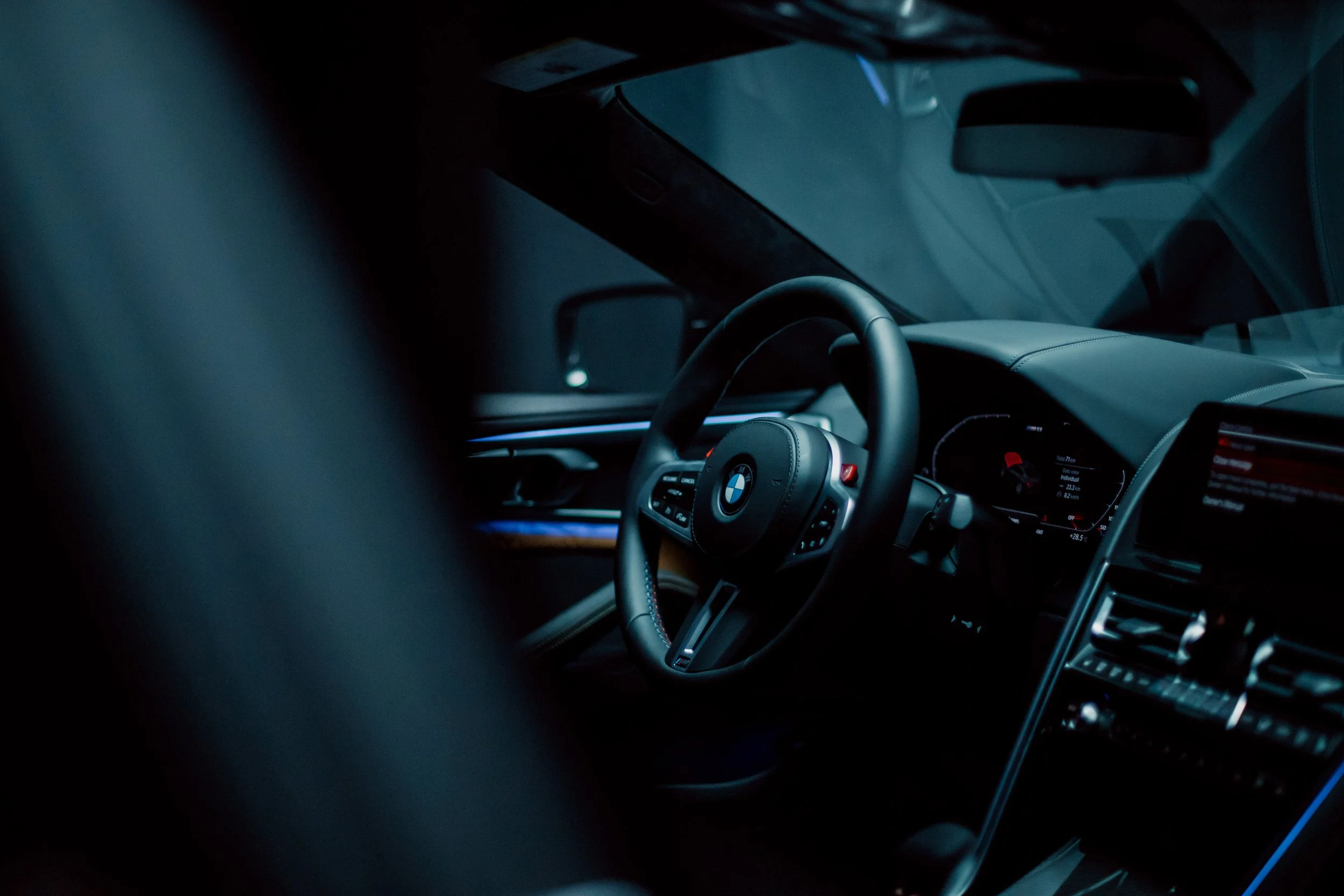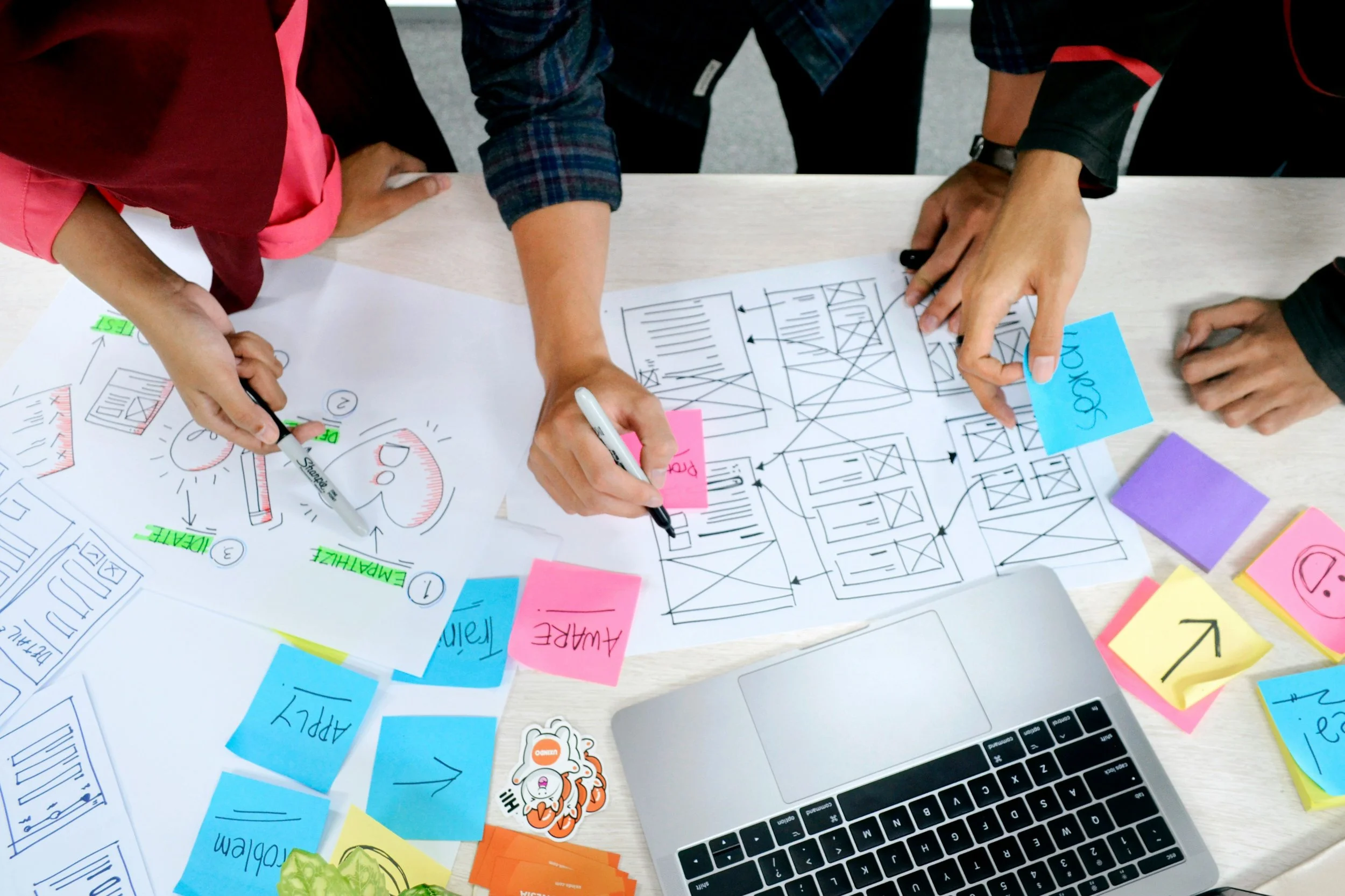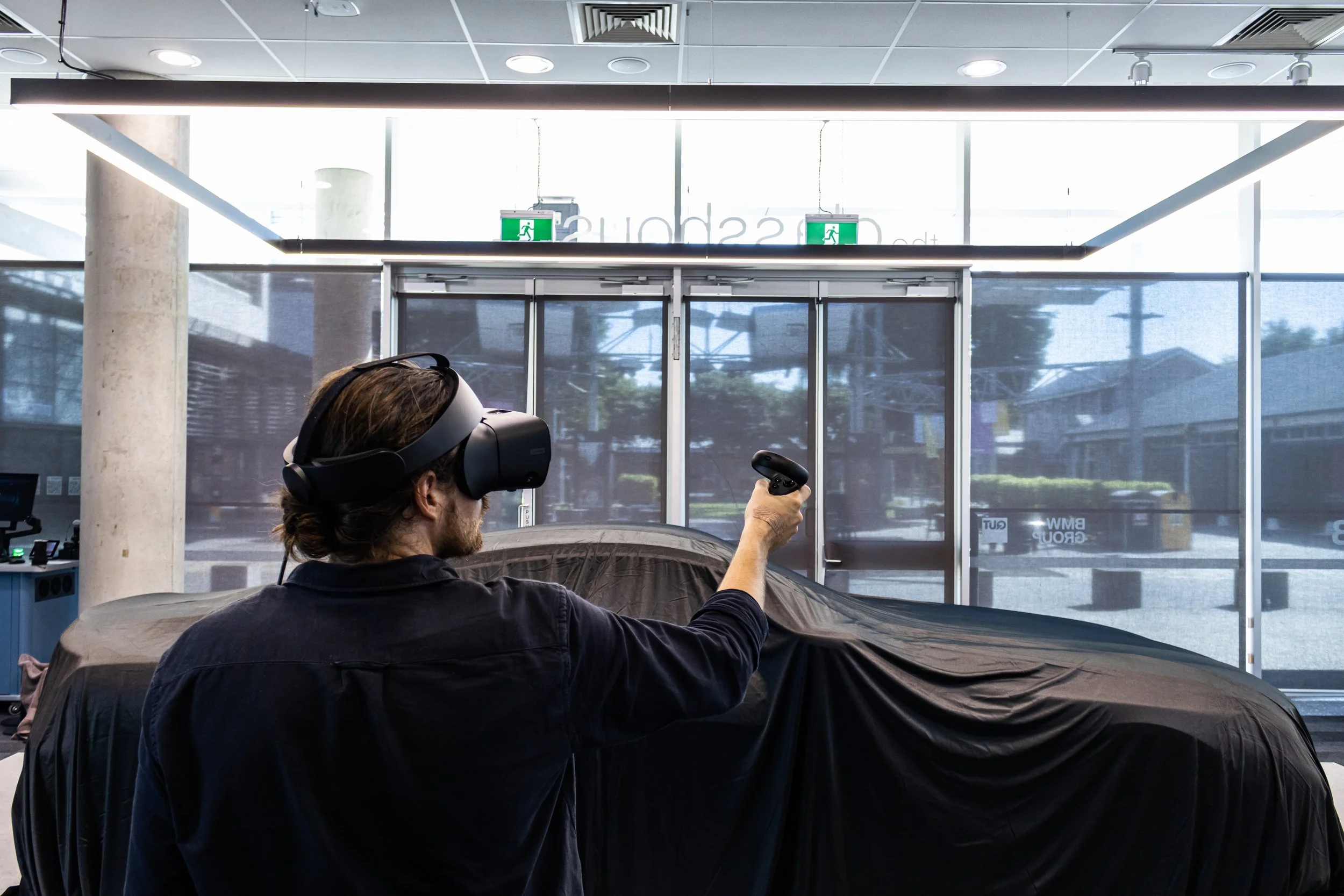
RESEARCH
PhD and MPhil students conducting world-class research through a progressive agenda


BMW Group and QUT School of Design have forged a focused research agenda, seeking to discover new knowledge and explore areas that intersect with BMW Group and QUT’s interest. This includes the latest knowledge concerning design thinking and expertise, emerging technologies and impacts on industry 4.0, and visionary human-machine interfaces. This may also verge into topics that include VR, AR, AI, automation, robotics, big data and related fields. The Academy in Brisbane, Australia facilitates the candidate’s research studies, with a view to closely liaise with, and travel, to BMW Group in Germany for a period of time as part of the research study.
EXPLORING NEW KNOWLEDGE HORIZONS
Advances in Human-Robot Interfaces for Advanced Manufacturing
The Future of Automotive and Mobility Human-Machine Interfaces
The Role of Industrial Design Expertise in Multinational Corporates
OUR RESEARCH PRIORITIES
SCHOLARSHIP APPLICATIONS
We are seeking high-calibre researchers to join the Academy, who can demonstrate an outstanding track-record in their undergraduate degree - or an equivalent role in their professional careers. Candidates with a background in Industrial Design, Interaction Design, Games Design or User Experience Design, are preferred but not a requirement. We welcome candidates from Information Technology, Mechatronics, Robotics, Computer Science, Psychology and related fields.
Applications will be submitted through the QUT Research portal. If you would like to read more about the research programs including details and eligible entry requirements follow the link to discover more about PhD and MPhil degrees. Key aspects to consider include entry requirements, research proposal and supporting documentation.

ADVANCES IN HUMAN-ROBOT INTERFACES FOR ADVANCED MANUFACTURING
Evaluating the latest advances in human-robot interfaces within logistics and factory applications, to determine best-practice principles for future development.
SOCIAL ROBOTICS IN INDUSTRY (EMOTION + SOCIAL INTERACTION)
ABOUT
As we move towards greater robotics integration within industrial settings, there is growing interest in how human-robot interactions will impact workplace culture and dynamics moving forward. This has lead researchers to explore how social robotics might inform the future of industrial robotics design, development and implementation.
James Dwyer: Social Cues & AMR’s
“Using communication mechanisms derived from social cues in industrial autonomous mobile robots to improve interactions”
HRI/HCI AND WEARABLE TECHNOLOGY
ABOUT
Industry 4.0 creates a greater interest in the research, development and use of wearable technologies. This includes exoskeleton devices that could improve overall safety and productivity, wearable devices which provide ways to monitor operator wellbeing and work performance, share information and knowledge, and provide Big Data analytics, or adaptive smart tools and wearable AR and VR technologies to improve HRI and human integration within future factories.
Seeking Applications!
SAFETY SYSTEMS
ABOUT
The importance of a human-centred centred approach has been highlighted as a key consideration within the shift to Industry 4.0. Research focusing on developing and implementing appropriate safety systems and technologies will be crucial to ensure the success of these endeavours.
Seeking Applications!

THE FUTURE OF AUTOMOTIVE AND MOBILITY HUMAN-MACHINE INTERFACES
Exploring how future premium automobiles interfaces and interior design will need to utilise emerging technologies to suit an autonomous driving scenario.
ADVANCED VEHICLE INTERFACES
ABOUT
The automotive and mobility industry is constantly exploring novel ways of interfacing and interacting with vehicles. This includes driver-vehicle feedback and safety systems, navigation controls, infotainment and media technologies. Ensuring a human-centred perspective is at the centre of these developments will be an essential area of research moving forward.
Zhengtao Ma: Interfaces and Accessible FAV
“Designing haptic interfaces to improve the UX of blind and visually impaired users in fully automated vehicles”
FUTURE INTERIOR DESIGN
ABOUT
A shift to autonomous vehicles and emerging smart material technologies are set to reshape our experiences as drivers and passengers. The influence this has on what is considered standard and how that impacts the emotional experiences of people interacting with cars will require research that explores the emotional aspect of vehicle interior design for drivers and passengers.
Jesse Goddard: Interior Material Environments
“Investigating young motorist’s perceptions and expectations within the interior environment of alternative fuel vehicles”
AUTONOMOUS VEHICLE TECHNOLOGIES
ABOUT
The emergence of Autonomous Vehicles is seen to drastically reshape our lives in many ways. How these systems operate, how we ensure social integration, facilitate human-vehicle communication, pedestrian interactions, and the development of appropriate infrastructure and safer driving technologies are all becoming significant areas of research that will need to be explored.
Yueteng Yu: Vestibular Cues for Autonomous Vehicle HMIs
“Managing driver attention by utilising human-like subtle motion control of the automated vehicle to engage the human vestibular system”

THE ROLE OF INDUSTRIAL DESIGN EXPERTISE IN MULTINATIONAL CORPORATES
Exploring the ways in which Industrial Designers, Creative Processes and Design Thinking have been assimilated by multinational corporate leaders (like BMW Group) to foster positive impacts through the application of emerging technologies.
THINKING AND PROCESS
ABOUT
Design thinking, methods, skills and attributes has become highly influential within business practices. The impact this has had on large organisations and how it is being utilised within corporate strategy, creative innovation, project management and development to create positive outcomes has become a growing field of research interest.
Alexandra Singleton: Unconscious Cognition & Design Practice
“An exploration of unconscious cognitive processes in the practices of industrial designers within the context of multinational corporations.”
HIGH-END VISUALISATION AND PROTOTYPING
ABOUT
High-end digital visualisation and physical prototyping practices are design-specific skills that are of great value to fields that previously have not implemented these techniques and approaches. How they can be successfully implemented into existing pipelines and practices to ensure value to companies is an under-explored area of research.
Seeking Applications!
3D MODELLING AND SOFTWARE TECHNOLOGIES
ABOUT
New and emerging 3D software and supporting technologies have had a significant impact across a wide range of industries, including film, television, and gaming. However advanced manufacturing, logistics, production, design and research are areas that are emerging as relevant fields of application for these types of technologies. The exploration of novel 3D tools, techniques, workflows and peripheral technologies in this area is fast becoming a strong area of research.









